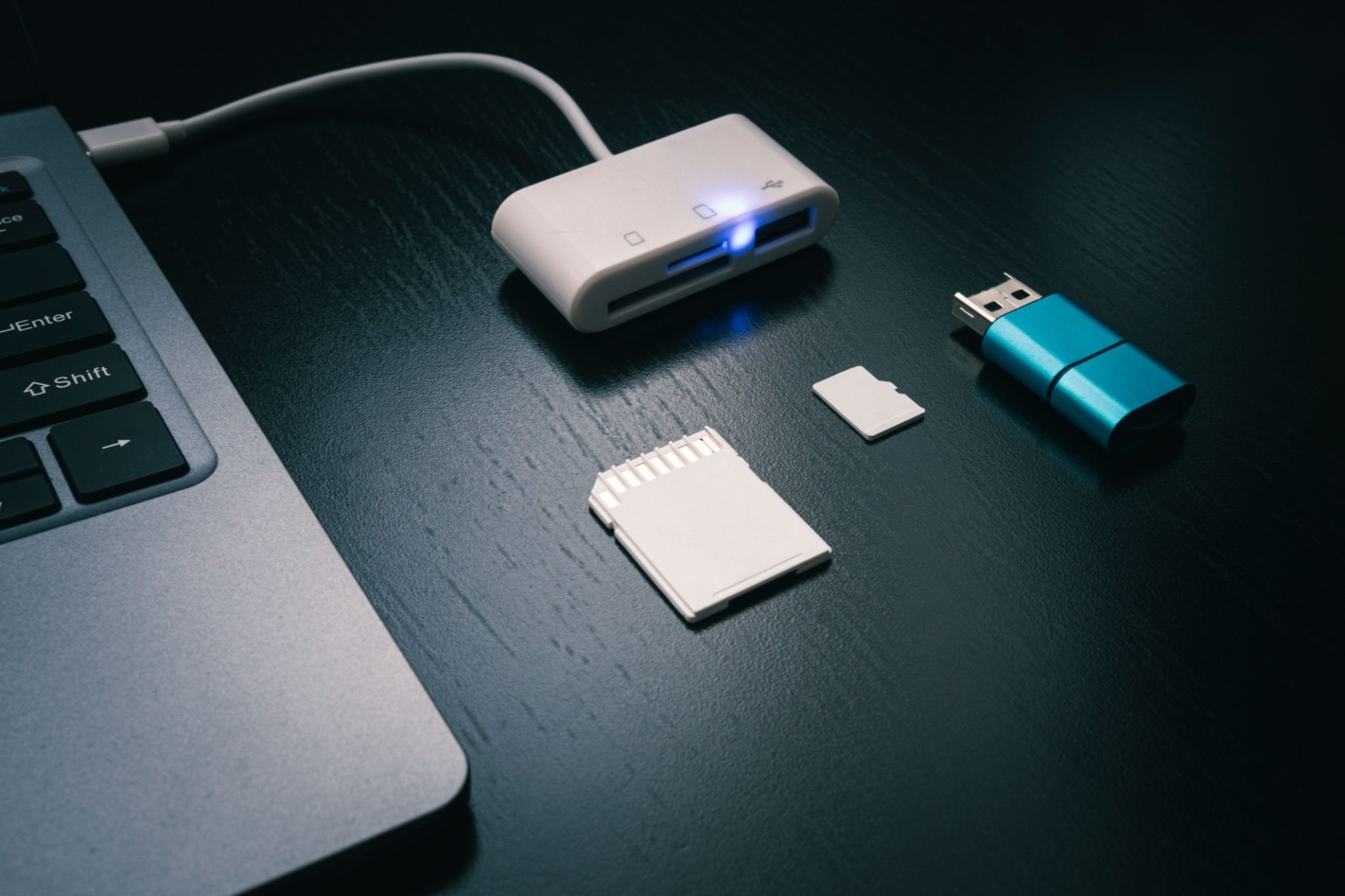With the increasing popularity of USB-C technology, multiple USB-C hubs have become an increasingly popular accessory for many computer users.
These hubs offer the ability to connect multiple devices to a single USB-C port, making it easier to use peripherals like external hard drives, keyboards, and monitors with laptops and other devices. However, as convenient as USB-C hubs may be, they also come with some significant security risks.
In this article, we’ll explore the potential security implications of using a multiple USB-C hub and provide tips for protecting your data.
Security Risks of Using a Multiple USB-C Hub
One of the most significant security risks associated with multiple USB-C hubs is the potential for data interception or compromise. When you connect multiple devices to a USB-C hub, data can pass through the hub to other devices connected to it.
This means that if a malicious actor gains access to the hub, they could potentially intercept your data as it passes through.
For example, imagine that you connect your laptop to a USB-C hub, which is then connected to an external hard drive and a printer. If a hacker gains access to the USB-C hub, they could potentially intercept any data that passes between your laptop and the external hard drive or printer.
This could include sensitive data like passwords, financial information, or other personal data.
Another risk associated with USB-C hubs is the potential for malware infections or other cyber attacks. If you connect an infected device to a USB-C hub, the malware could potentially spread to other devices connected to the hub. This means that even if your laptop is secure, other devices connected to the hub could still be vulnerable to cyber attacks.

Protecting Your Data with a Multiple USB-C Hub
Given the potential security risks associated with USB-C hubs, it’s essential to take steps to protect your data.
Here are some tips for securing your data when using a multiple USB-C hub:
- Use Antivirus Software: Installing antivirus software on your computer can help protect against malware infections and other cyber threats. Make sure to keep your antivirus software up to date and scan your computer regularly to detect any potential threats.
- Encrypt Your Data: Encrypting your data can provide an additional layer of protection against unauthorized access. You can use encryption software to encrypt your files or folders, or you can use built-in encryption features in your operating system.
- Only Use Trusted Brands: When purchasing a USB-C hub, it’s important to only use trusted brands and reputable sellers. Cheap or counterfeit USB-C hubs may be more vulnerable to security risks or may not work properly, which could put your data at risk.
- Keep Your Operating System and Software Up to Date: Keeping your operating system and software up to date is crucial for maintaining security. Updates often include security patches or bug fixes that address known vulnerabilities, which can help keep your system secure.
Physical Security of Multiple USB-C Hubs
In addition to securing your data through software and other means, it’s also essential to take physical security precautions when using a multiple USB-C hub.
Here are some tips for protecting your USB-C hub from physical damage or theft:
- Keep Your Hub in a Secure Location: When not in use, make sure to store your USB-C hub in a secure location. This could be a locked drawer or cabinet, or a safe if you have particularly sensitive data.
- Protect Your Hub from Physical Damage: USB-C hubs can be fragile, so it’s important to take steps to protect them from physical damage. This could include using a protective case or sleeve, or simply being careful when handling the hub.
- Use Cable Management: Managing cables can help prevent damage to your USB-C hub and reduce clutter on your desk. Make sure to use cable ties or other cable management solutions to keep cables organized and avoid tripping hazards.
In conclusion, while USB-C hubs offer a convenient way to connect multiple devices to a single port, it is important to be aware of the potential security risks that come with using them.
Data interception, malware infections, and cyber attacks are all possible when using a multiple USB-C hub, which can result in the compromise of sensitive information or the loss of data.
Fortunately, there are steps you can take to protect your data when using a multiple USB-C hub as discussed in this article. This includes using antivirus software, encrypting your data, only using trusted brands, and keeping your operating system and software up to date. Additionally, taking physical security precautions, such as storing your hub in a secure location and using cable management, can help prevent damage and theft.
It is important to note that while these steps can help minimize the risks associated with using a multiple USB-C hub, they cannot guarantee complete security. It is always a good idea to be cautious and vigilant when it comes to data security, regardless of the devices or accessories you are using.
In the end, the convenience of USB-C hubs should not come at the cost of your data security. By being aware of the potential risks and taking steps to protect your data, you can enjoy the benefits of USB-C technology while keeping your data safe and secure.
Related Posts:
- How To Boost Your Cybersecurity – 5 Tips
- Cybersecurity Risk Management: How Businesses Can Stay Ahead of Threats
- Multi-Factor Authentication Explained and Why It’s a Must-Have
- How to Know if a Shopping Website is Legit or Fake
- Ways to Keep Your Instagram Account Safe & Secure
- Should I use a VPN all the time? – situations when you need a VPN
- Why You Need a VPN for Your Android Device
